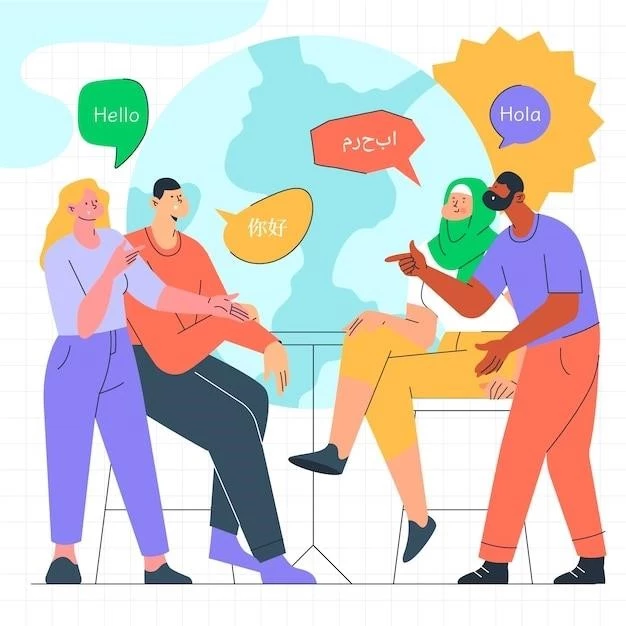Language is the foundation of our civilization. It is the tool we use to communicate, share ideas, and build relationships. It is the very fabric of our culture and identity. But it is more than just a means of communication. Language, in its essence, has shaped the very course of human civilization.
I remember when I first started learning about the history of language. I was fascinated by how the development of language coincided with the development of complex societies. As I delved deeper, I realized that language wasn’t merely a passive observer of civilization; it was an active participant, shaping the very fabric of our world.
From Grunts to Grammar: The Evolution of Language
Imagine a world without words. Imagine trying to express complex thoughts, emotions, and ideas without the intricate tapestry of language. It’s hard to fathom, isn’t it? Yet, this was the reality for our early ancestors. They relied on gestures, facial expressions, and rudimentary sounds to communicate. Over time, these sounds evolved into more complex systems, leading to the development of spoken languages.
This transition was a pivotal moment in human history. It allowed for the sharing of knowledge, the formation of communities, and the development of complex social structures. Think about it: how could we have built cities, developed agriculture, or formed governments without the ability to communicate effectively? It was language that enabled us to organize, cooperate, and create the world we live in today.

Language and the Birth of Culture
Language is not just a tool for communication; it is the very essence of culture. Every language carries within it the history, traditions, and values of its speakers. The words we use, the stories we tell, the songs we sing – they all reflect the shared experiences and beliefs of our ancestors.
For example, the way we use language to describe time, space, and relationships can vary dramatically across cultures. In some cultures, time is seen as linear, while in others it is cyclical. The way we describe our family members, our roles in society, and our relationships with the natural world are all shaped by the language we speak.
Language and the Rise of Civilization
Language was instrumental in the rise of civilization. It allowed for the sharing of knowledge and ideas, the transmission of traditions, and the development of complex social structures. Think about the ancient civilizations of Egypt, Greece, and Rome. Their achievements – from monumental architecture to groundbreaking philosophical ideas – were all made possible by the power of language.
Take, for instance, the invention of writing. This revolutionary innovation allowed for the preservation of knowledge and the transmission of ideas across generations. It also led to the development of formal systems of education, law, and government.

Language and the Future of Civilization
Today, we are living in a world where language is more important than ever before. With globalization, the internet, and the constant flow of information, the ability to communicate effectively across cultures is crucial. This is why language learning is becoming increasingly important, and why efforts to preserve endangered languages are so vital.
Language is not just a means of communication; it is the foundation of our civilization. It is the tool we use to build relationships, share ideas, and create a better world. As we move forward, it is essential to remember the power of language and to use it wisely and responsibly.
In the end, language is more than just a collection of words. It is a living, breathing entity that shapes our world and our understanding of it. It is the key to our past, the foundation of our present, and the promise of our future.










